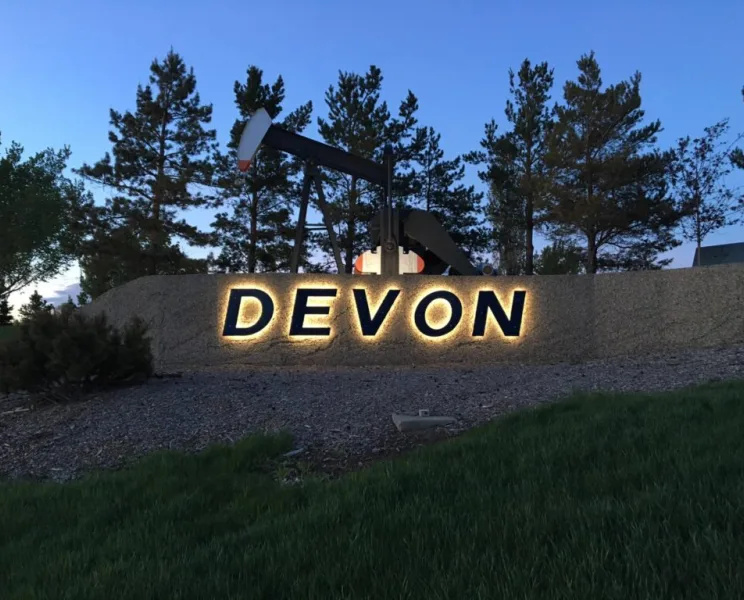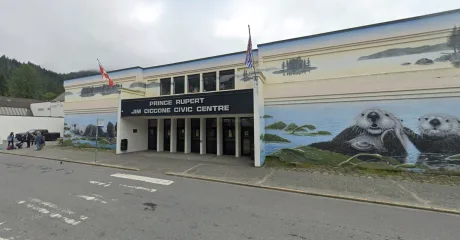When Environment and Sustainability Manager Torrie Santucci heard about the free expertise offered by the CRIS, he immediately saw the potential to support his municipality, the Town of Devon in Alberta.
A few weeks later, the Town was the first municipality to be matched with free expert guidance through the CRIS program. The team at the Town of Devon knew they wanted to use the CRIS opportunity to focus on decarbonization; the Town was already participating in the Municipal Energy Manager (MEM) program through the Municipal Climate Change Action Centre, which provides funding and technical support to help municipalities manage energy use, improve efficiency, and reduce greenhouse gas (GHG) emissions in Town-owned facilities. The CRIS team aligned its services to complement the MEM program’s deliverables—filling in gaps and helping the Town identify a clear path forward.

Technical options to go forward
The Town was matched with CIMA+ who produced a decarbonization report, a tailored roadmap to significantly reduce Devon’s greenhouse gas (GHG) emissions and improve the climate resilience of key public assets. The project began with identifying six municipal facilities for in-depth analysis. From community centres to administrative buildings, each site was selected to reflect a variety of building types and energy profiles. Santucci and the Town provided CIMA+ with a comprehensive data package—site maps, energy audits, and even the MEM program guidebook and the Town of Devon's Climate Adaptation Plan—to ensure a full understanding of Devon’s infrastructure and goals. Members from CIMA+ also did a site visit and spoke to facility managers to understand their challenges day-to-day.
This level of collaboration enabled CIMA+ to create a tailored reports with an overview of the buildings and roadmap of immediate and long-term strategies to support their emissions reduction efforts. The expert report proposes energy conservation measures (ECMs) with major opportunities to improve energy efficiency, reduce GHG emissions, and lower annual energy costs. According to Navid Hossaini from CIMA+, the measures identified could result in GHG reductions ranging from 3% to as high as 18–20%, depending on the level of investment the Town pursues.
“We analyzed these buildings and came up with different scenarios and different plans,” Hossaini explained. “We also costed out how the town can get to their goal of 5% reduction and beyond.”
A blueprint for other municipalities
By leveraging the CRIS program and working closely with CIMA+, the Town of Devon got a better understanding of their facility portfolio with clear actions and prescriptive measures could be taken- from quick wins like installing LED lighting in the community centre and firehall to longer term climate goals like implementing solar energy systems. As municipalities across Canada face growing climate risks and infrastructure challenges, Devon’s approach offers a clear example of how the CRIS program can be tailored to meet the specific needs and resources of a community. In Devon’s case, CRIS and the Municipal Energy Manager (MEM) program worked hand-in-hand—helping to fill gaps, align efforts, and create a more comprehensive path toward decarbonization.
"The CRIS is a great program. We were paired with a very knowledgeable expert that helped us develop a Decarbonization Plan for the Town that will help advance our climate and energy reduction goals. Being a small Town, we rely heavily on external funding and supports like this program to achieve real results.” said Santucci. “The Town is grateful for the help and support provided by CRIS and would recommend it to any eligible municipality that is looking to tackle their facility energy management.”





